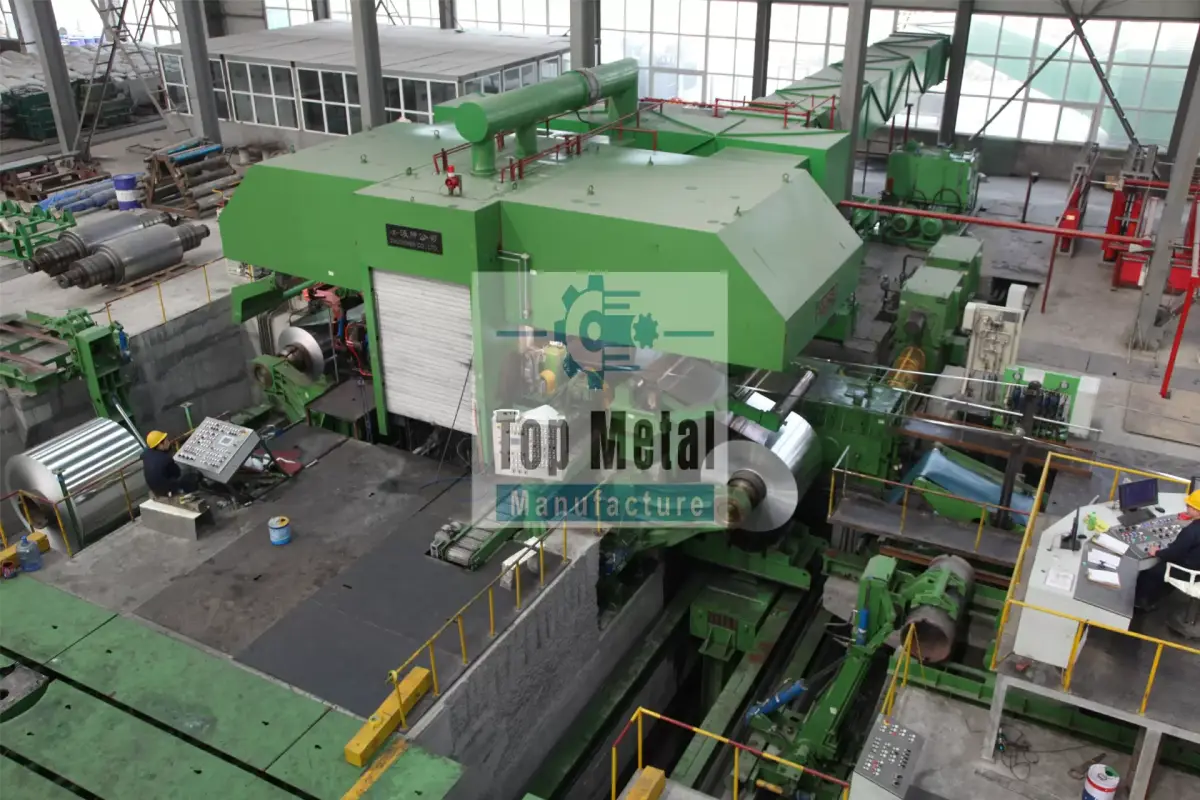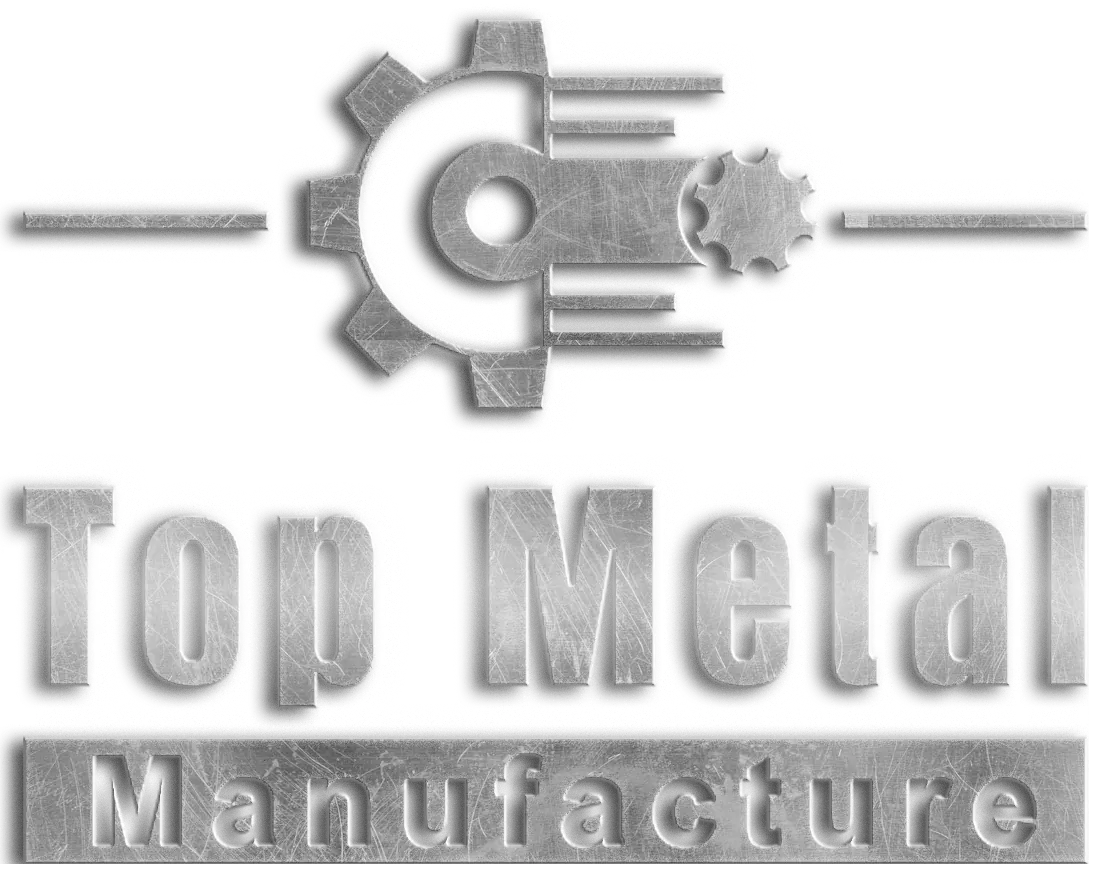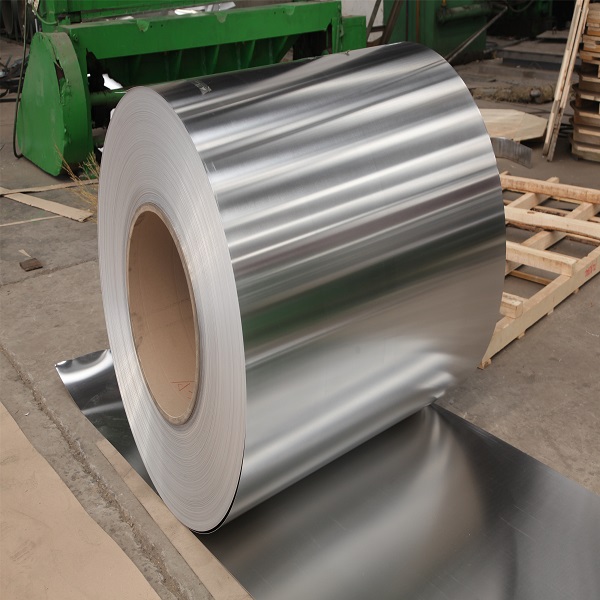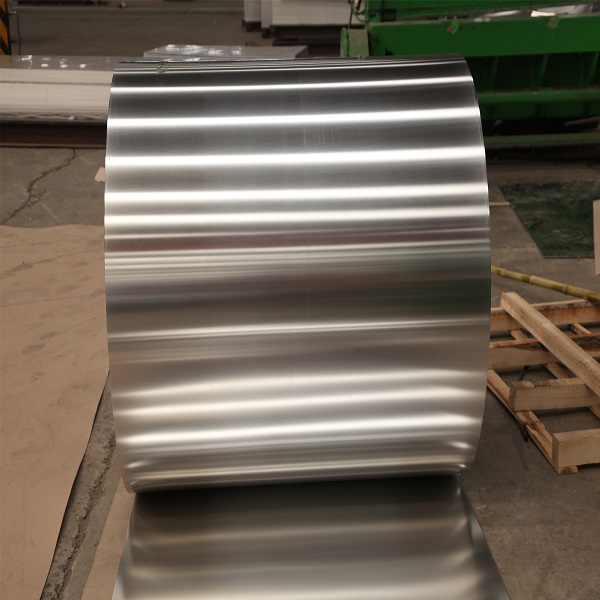Aluminium coils are an integral component of several industries due to their diverse properties and applications. These coils are made from pure aluminium or aluminium alloys and come in various thicknesses, widths, and grades.
Aluminium coils are used in manufacturing a wide range of products such as gutters, roofing, siding, automotive parts, and canning. This article will discuss in detail the properties, applications, and advantages of aluminium coils.
Properties of Aluminium Coils:
The following are some of the essential properties of aluminium coils:
Lightweight: Aluminium is a lightweight metal with a density of 2.7 g/cm3. This property makes it ideal for industries that require lightweight materials such as transportation and aerospace. The use of aluminium coils in transportation has become increasingly popular due to their lightweight properties, as they reduce the weight of the vehicle, which results in improved fuel efficiency and reduced emissions.
High Strength: Aluminium alloys have high strength-to-weight ratios, making them suitable for use in structural applications. Aluminium alloys are stronger than pure aluminium and can be used in the manufacturing of products that require high strength, such as aircraft parts and structural frames.
Corrosion Resistance: Aluminium is highly resistant to corrosion, which makes it suitable for outdoor and marine applications. The corrosion-resistant properties of aluminium coils make them ideal for use in the construction industry for roofing, siding,gutters, and cladding. Aluminium coils do not rust or corrode, which reduces the need for regular maintenance, making them cost-effective in the long run.

Applications of Aluminium Coils:
The following are some of the industries that use aluminium coils:
- Transportation: Aluminum coils are used in the manufacturing of automotive parts such as engine blocks,wheels, and body panels due to their lightweight and high strength properties. The use of aluminium coils in the transportation industry has become increasingly popular due to their ability to reduce the weight of the vehicle.
- Construction: Aluminium coils are used in the construction industry for roofing, siding, gutters, and cladding due to their corrosion-resistant properties. The use of aluminium coils in construction has become increasingly popular due to their ability to resist corrosion, reducing the need for regular maintenance, and making them cost-effective in the long run.
- Packaging: Aluminum coils are used in the manufacturing of beverage cans, food containers, and packaging foils due to their ability to withstand extreme temperatures and maintain product freshness.
- Electrical: Aluminum coils are used in the manufacturing of electrical components such as wiring, transformers, and capacitors due to their excellent conductivity properties. The use of aluminium coils in the electrical industry has become increasingly popular due to their excellent conductivity properties.
Advantages of Aluminium Coils:
The following are some additional advantages of aluminium coils:
- Eco-Friendly: Aluminium is a sustainable and recyclable material, making it an eco-friendly choice for industries. The use of aluminium coils in industries reduces the need for raw materials and energy consumption, resulting in reduced environmental impact.
- Cost-Effective: Aluminum coils are cost-effective in the long run due to their durability and low maintenance requirements. The corrosion-resistant properties of aluminium coils reduce the need for regular maintenance, making them a cost-effective choice for industries in the long run.
- Aesthetic Appeal: Aluminum coils are available in various colors and finishes, making them suitable for aesthetic applications. The availability of various colors and finishes allows industries to choose a product that complements the design and aesthetics of their products or structures.
- Easy to Install: Aluminum coils are easy to install due to their lightweight and ductile properties. The ease of installation of aluminium coils reduces the installation time and labor costs, making them a cost-effective choice for industries.
Conclusion:
Aluminium coil possess diverse properties that make them suitable for various industries such as transportation, construction, packaging, and electrical.
The lightweight, high strength, corrosion-resistant, conductive, and ductile properties of aluminium coil make them an ideal choice for industries that require lightweight, durable, and cost-effective materials.
The use of aluminum coil in industries is expected to continue to increase due to their diverse applications and advantages.
| Aluminum plate technical parameters (commonly used models) | ||||
| Aluminum Plate model | Temper | Thickness(mm) | Width(mm) | Length(mm) |
| 1050 Aluminum plate | H111, H112, H14, H18, H19, H22, H24, H26, H28 | 0.2mm-500mm | 20mm-2630mm | customized |
| 1060 Aluminum plate | H111, H112, H14, H18, H19, H22, H24, H26, H28, etc. | 0.1-500mm | 20mm-2640mm | 500-10000mm |
| 1100 Aluminum plate | O, H14, H16, H24, H22, H112, H111, H26, H12, H28, etc. | 0.1-500mm | 0.1-500mm | 500-16000mm |
| 2024 Aluminum plate | T3, T4, T6, T72, T81, T351, T861, T3511, T8611, HO | 0.1mm-550mm | 700mm-2650mm | 500-11000mm |
| 3003 Aluminum plate | HO, H12, H14, H16, H18, H19, H22, h24, h26, H28, H112, etc. | 0.2mm-450mm | 50mm-2650mm | 500-12000mm |
| 5005 Aluminum plate | H12, H14, H16, H18, H22, h24, h26, H28, H36, H38, etc. | 0.2mm-600mm | 30mm-2650mm | 500-12000mm |
| 5052 Aluminum plate | H12, H14, H16, H18, H22, h24, h26, H28, H36, H38, etc. | 0.2mm-500mm | 60mm-2650mm | 500-10000mm |
| 5083 Aluminum plate | H111, H114, H116, H321, H22, H24, H26, H32, H16, H12, HO, etc. | 0.15mm-500mm | 30mm-2600mm | 500-9000mm |
| 6061 Aluminum plate | HO, F, T4, T6, T651 | 0.35mm-500mm | 500mm-2600mm | 600-11000mm |
| 6063 Aluminum plate | O,T6,T651,T4 | 0.15-600mm | 500mm-2800mm | 500-16000mm |
| 7050 Aluminum plate | HO, F, T112, T651, T6, T7451 | 1.0mm-600mm | 600mm-2500mm | 600-8000mm |
| 7075 Aluminum plate | HO, T651, T7451, T6, etc | 15.0mm-600mm | 500mm-2600mm | 600-8000mm |





